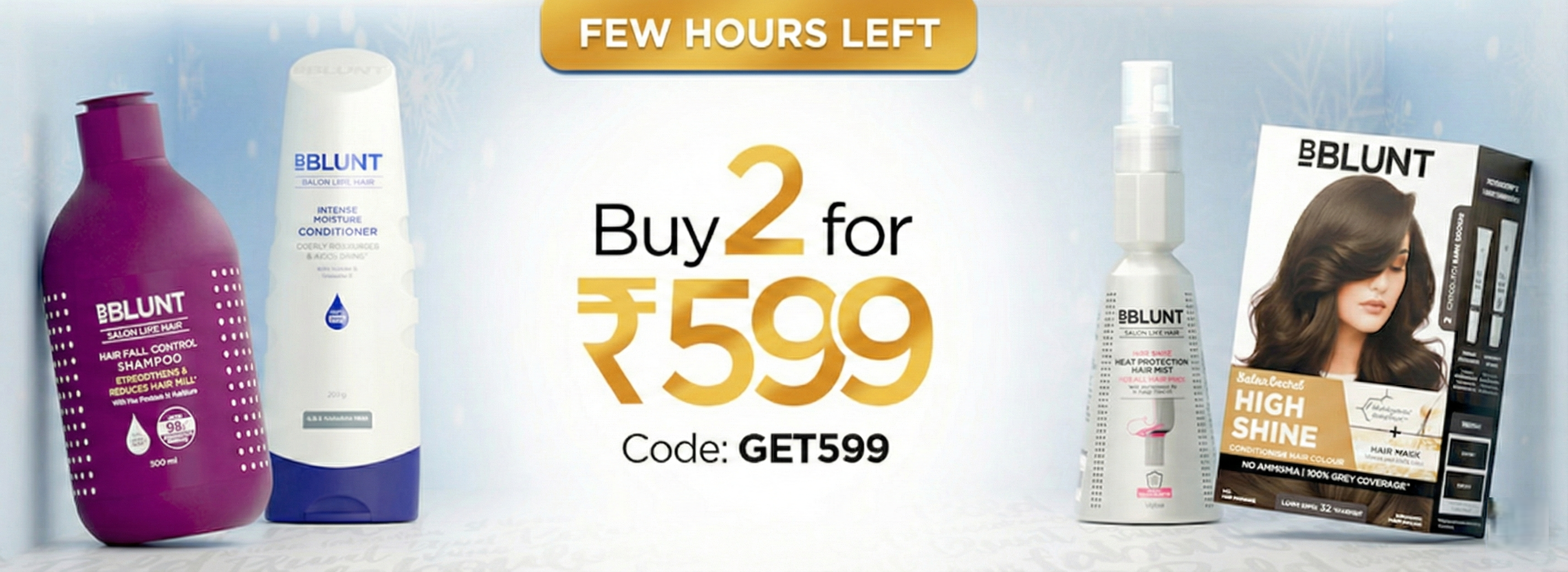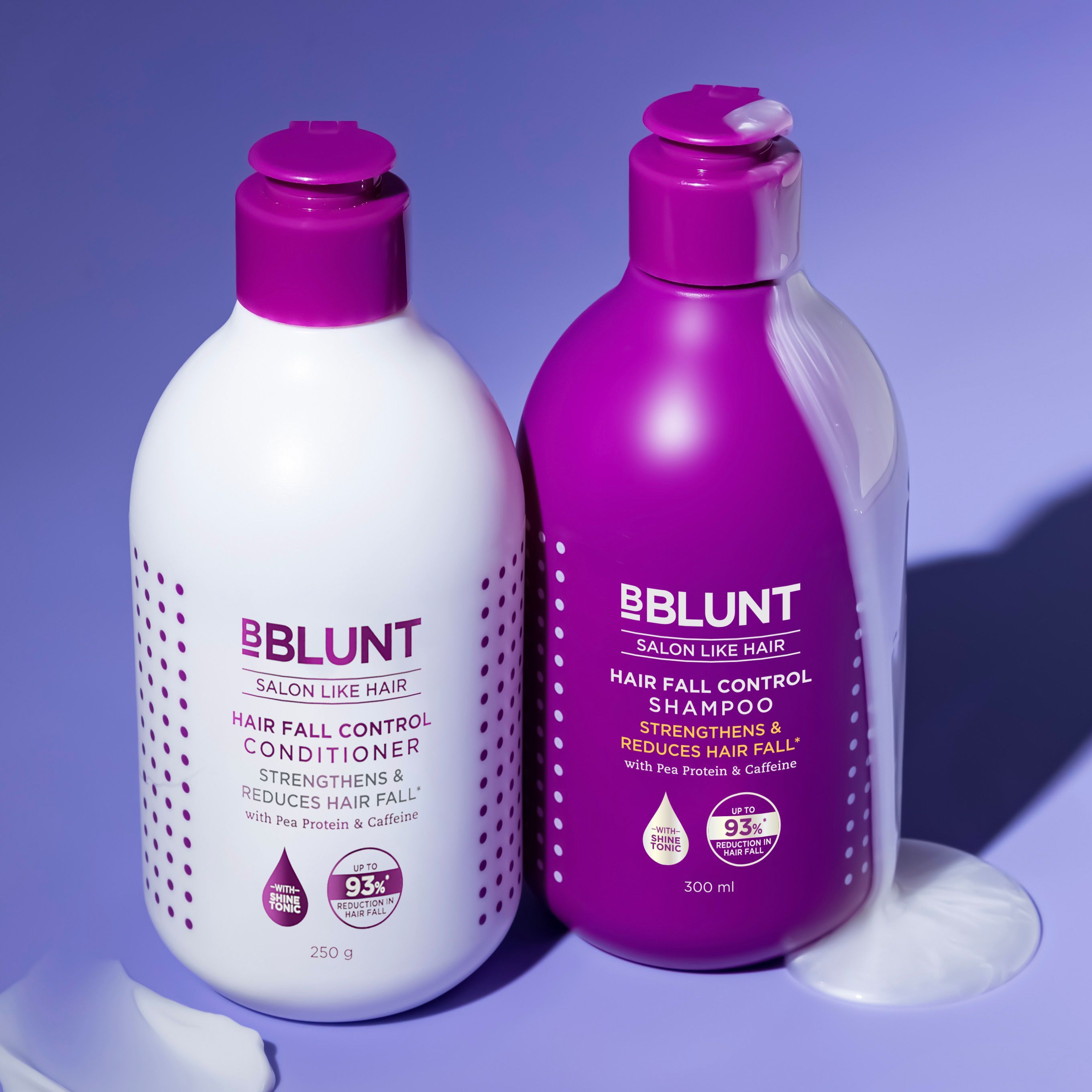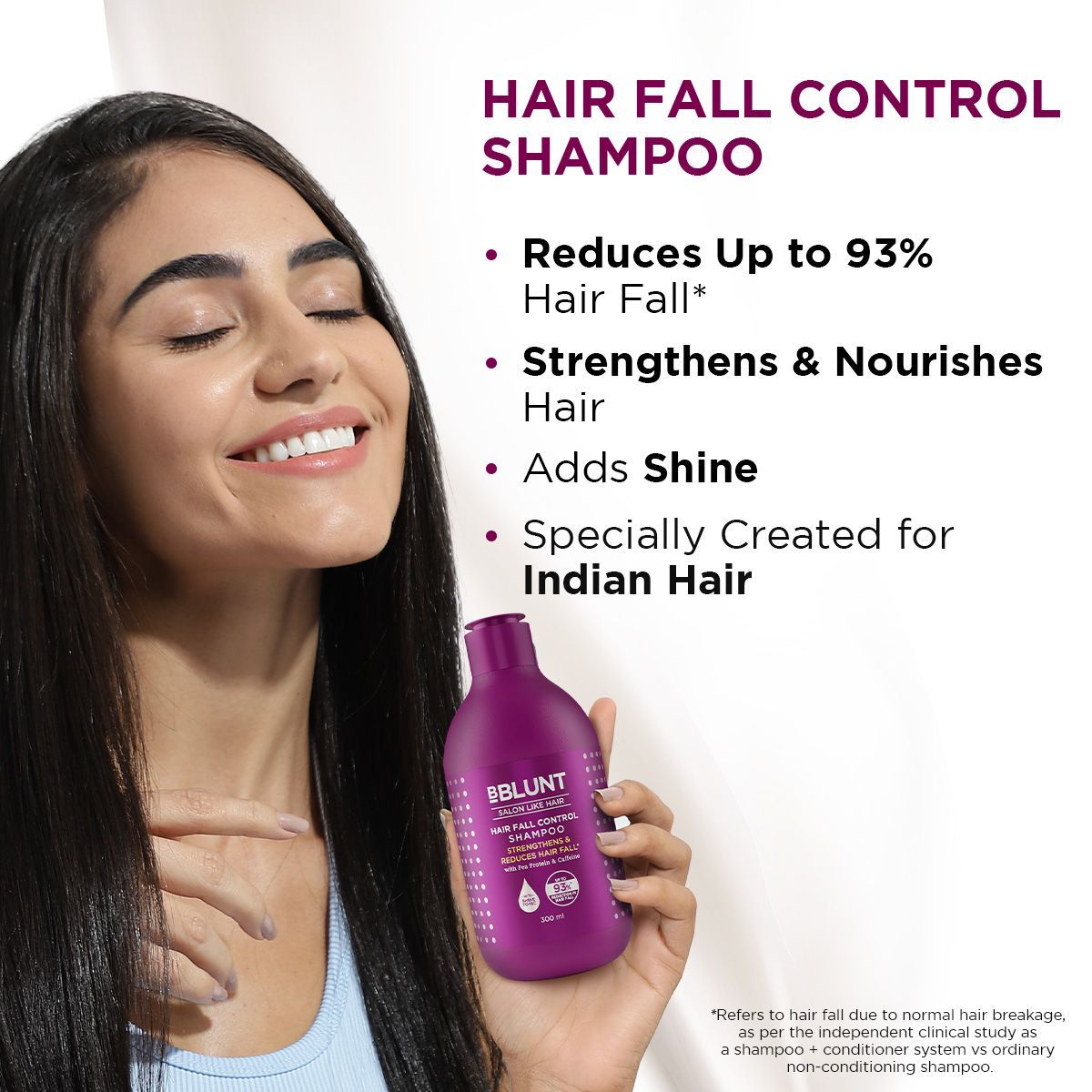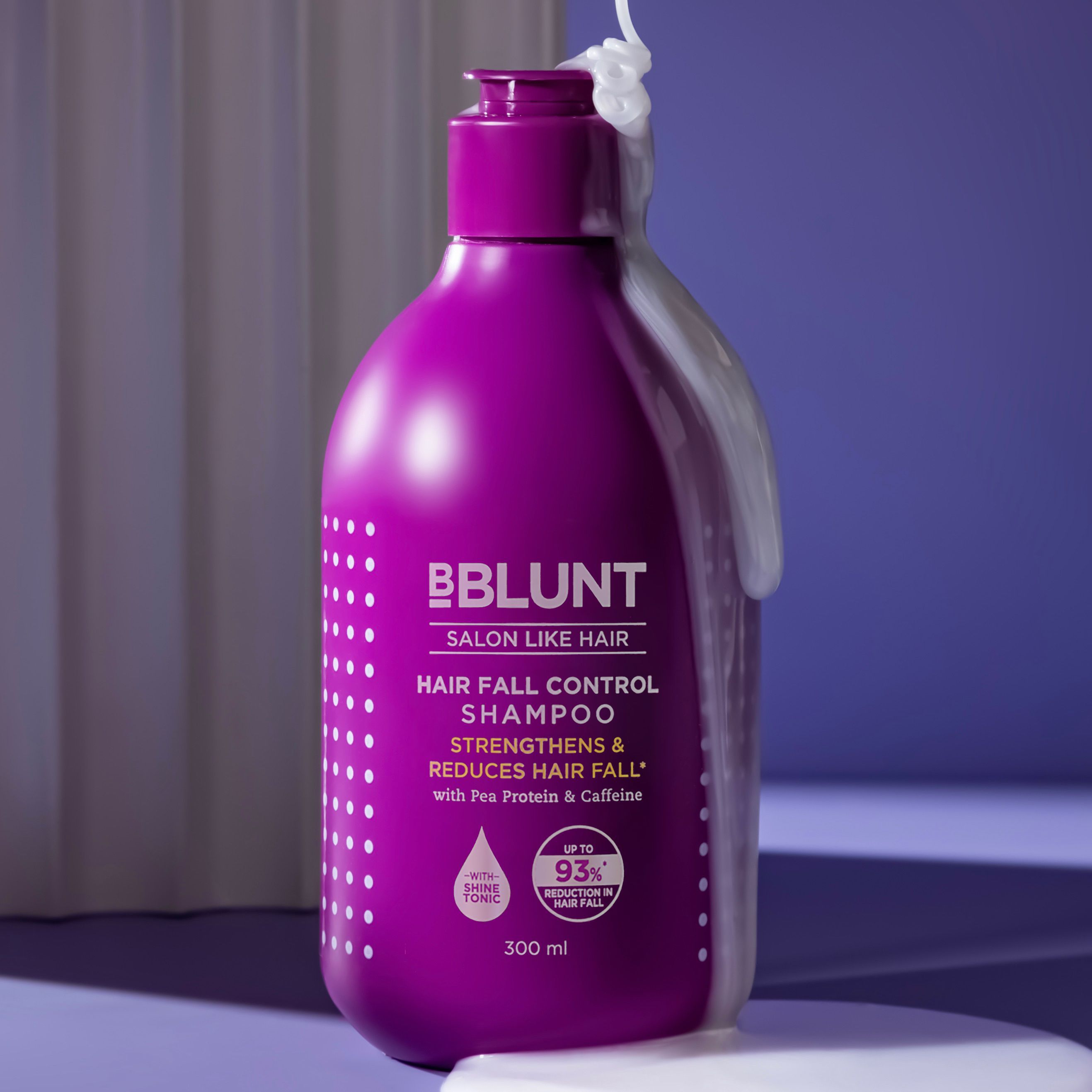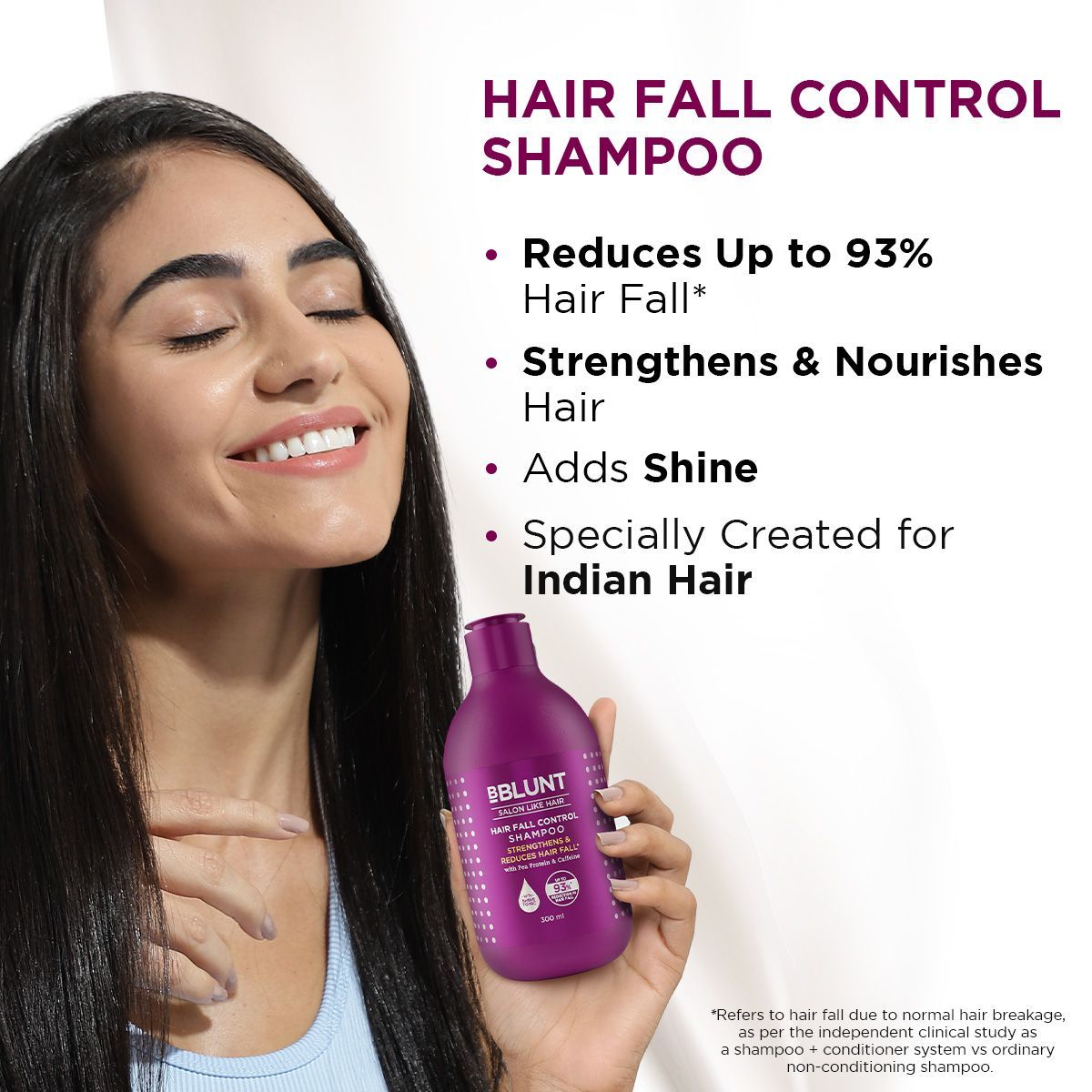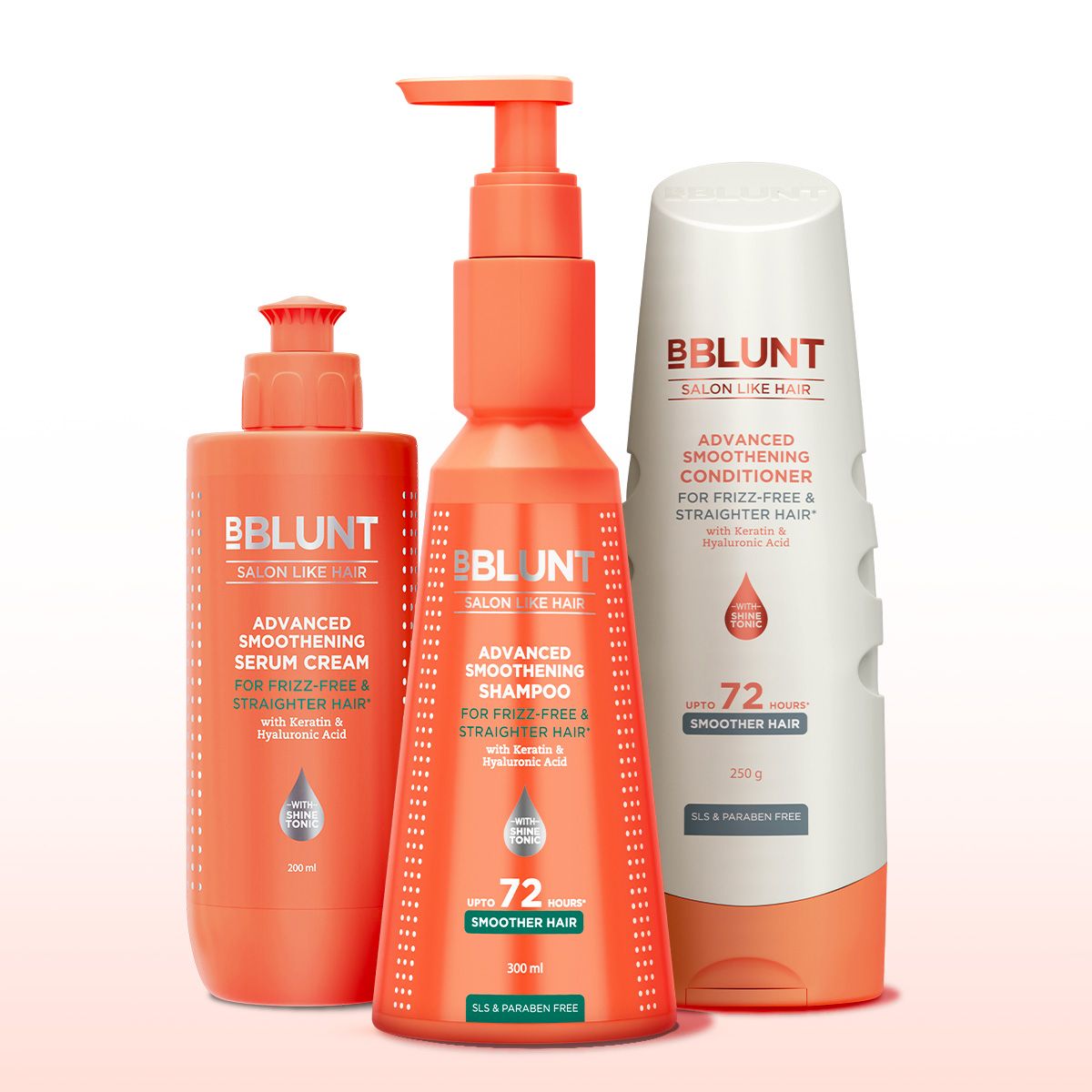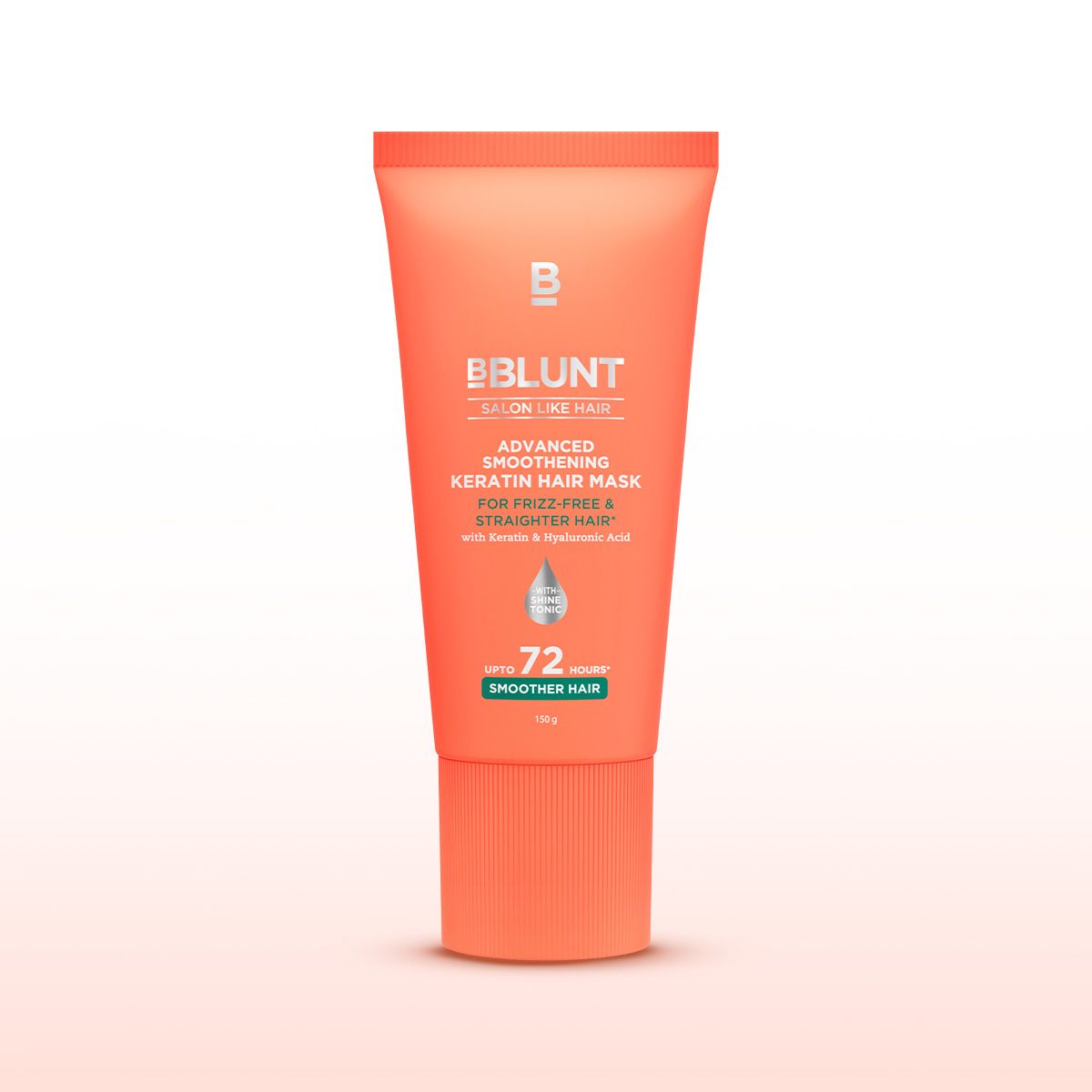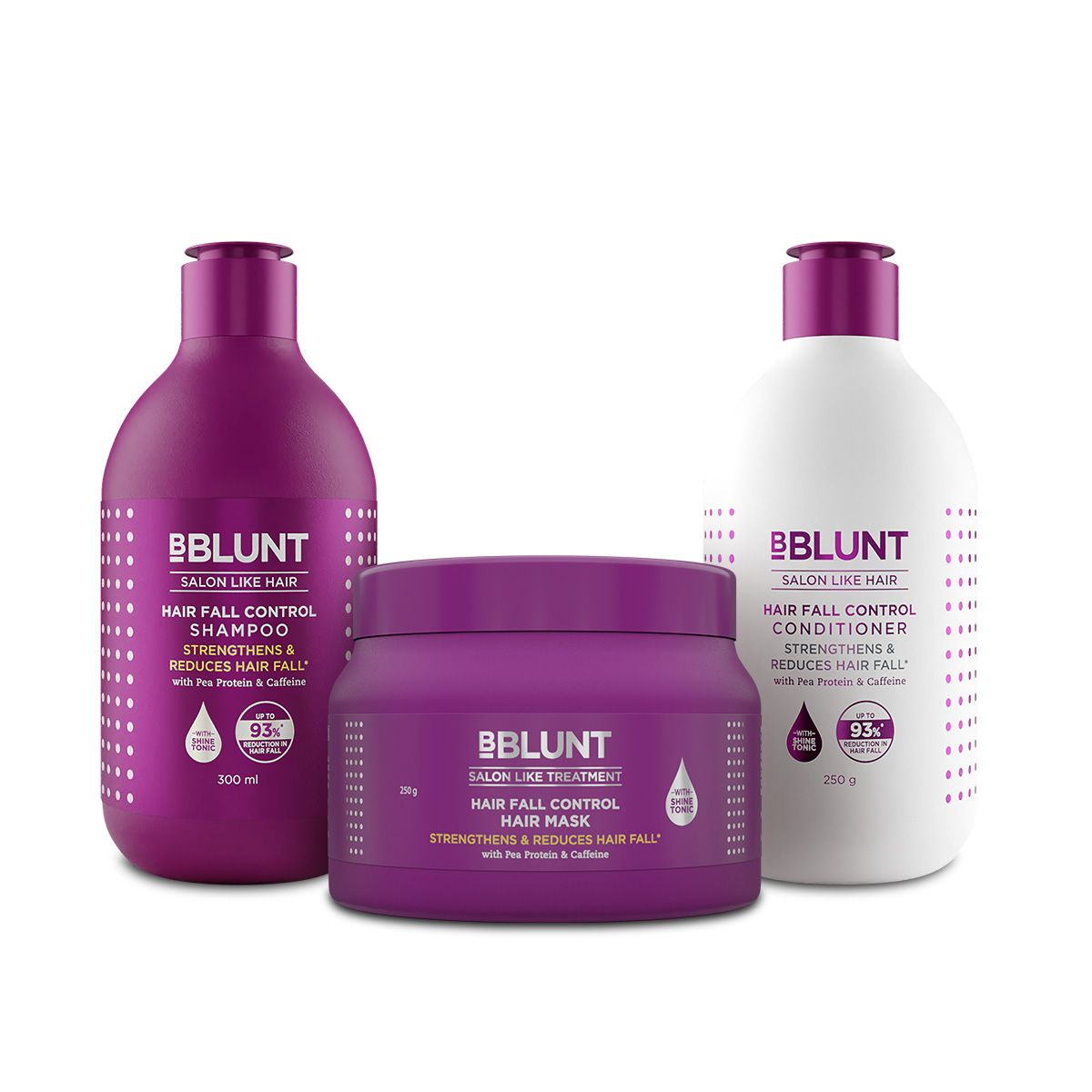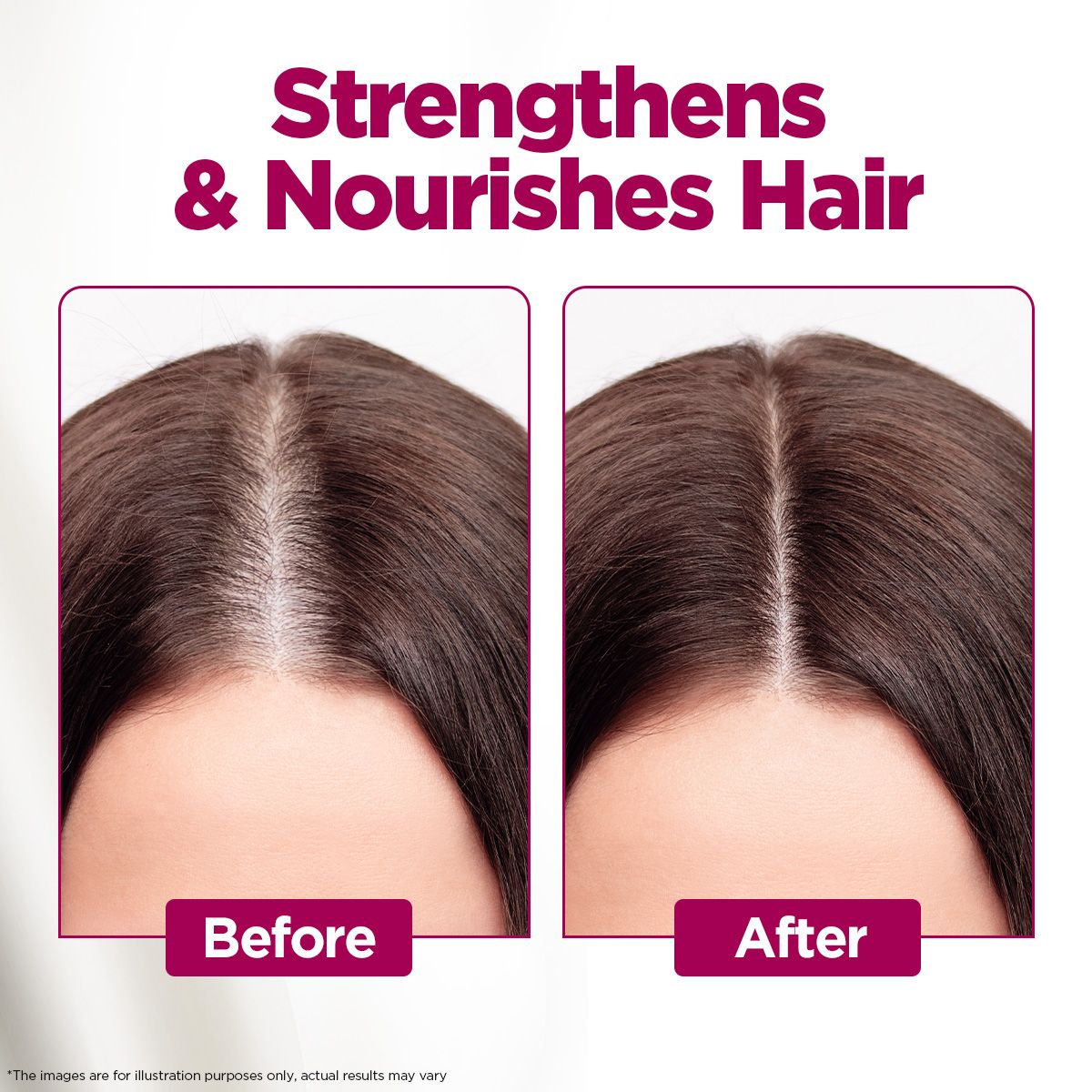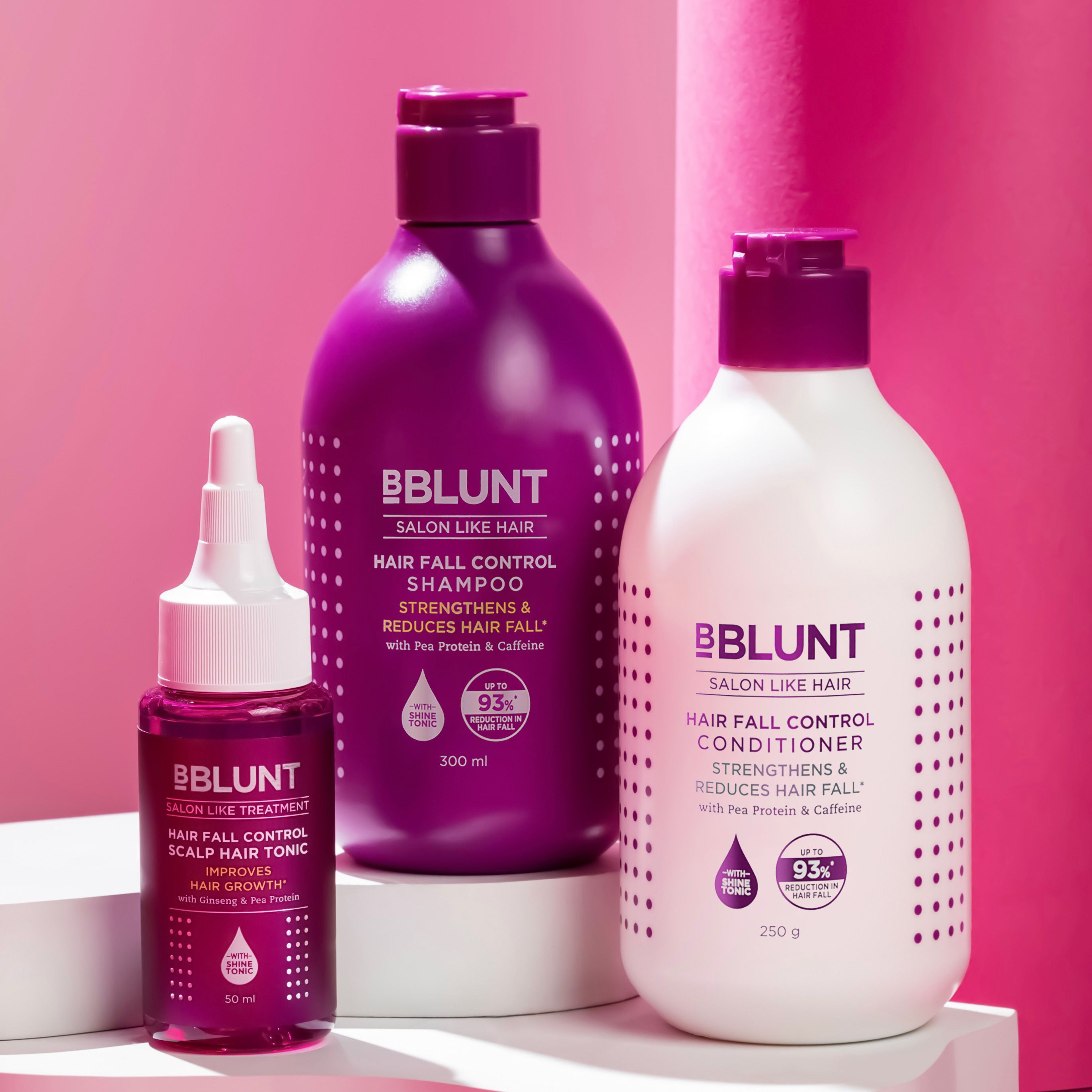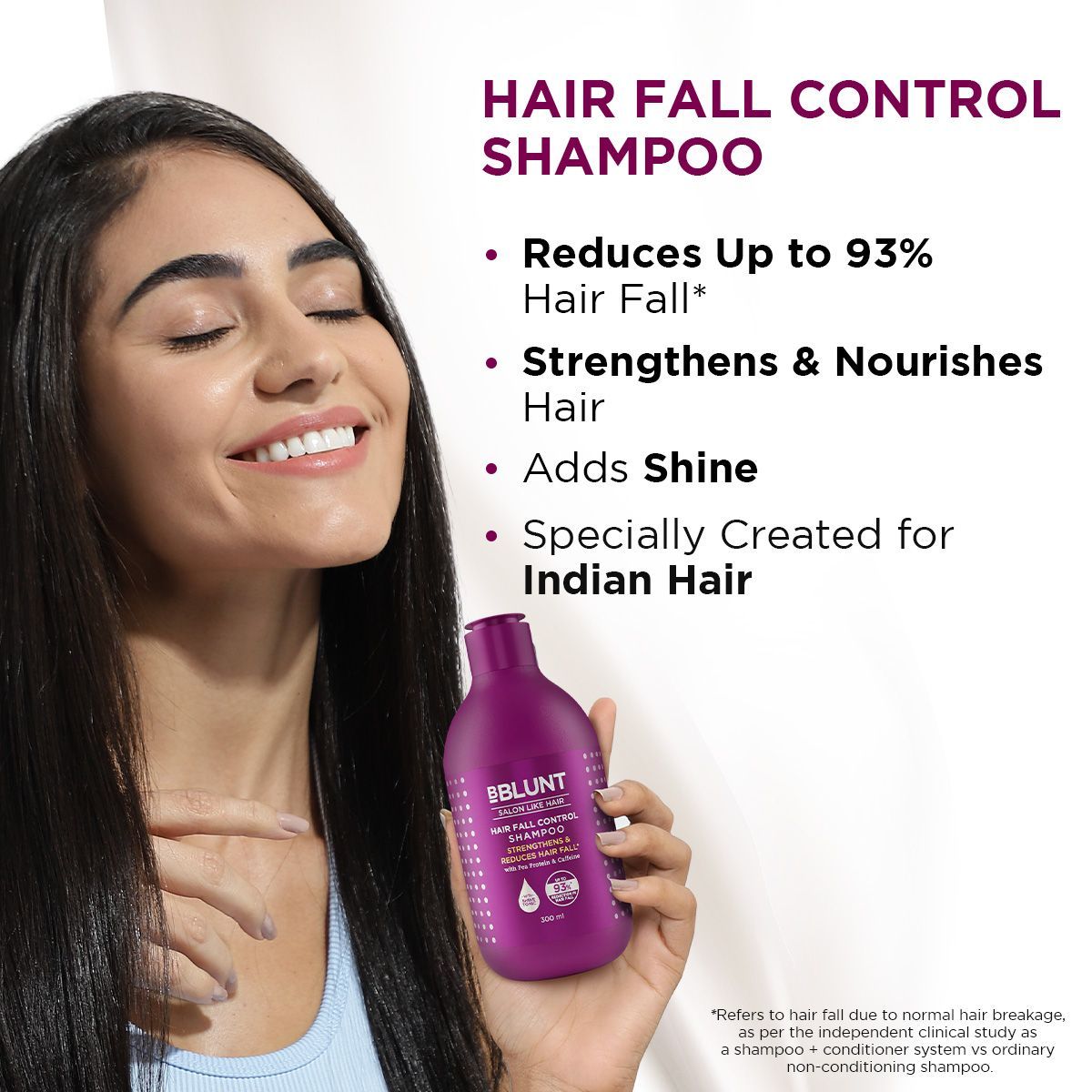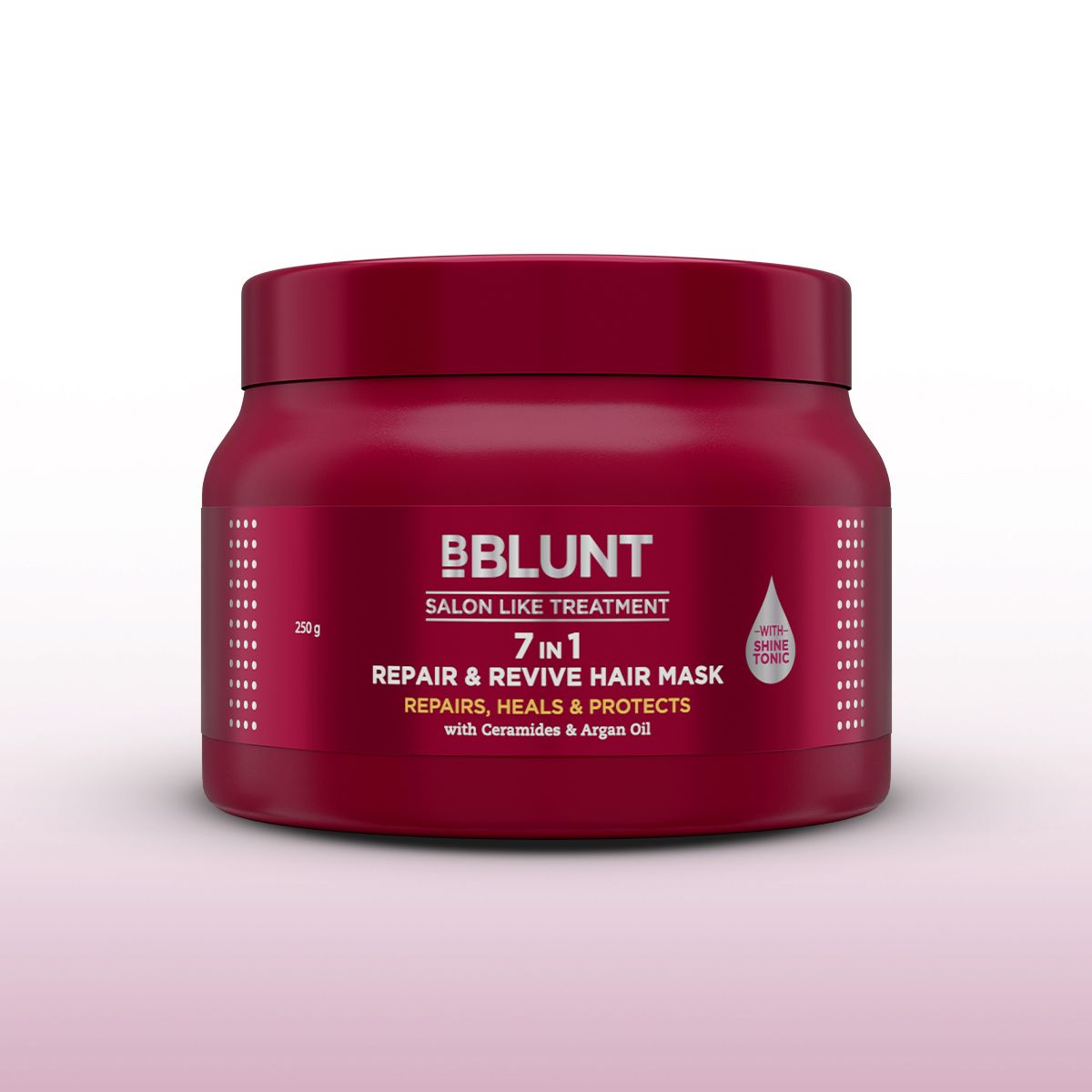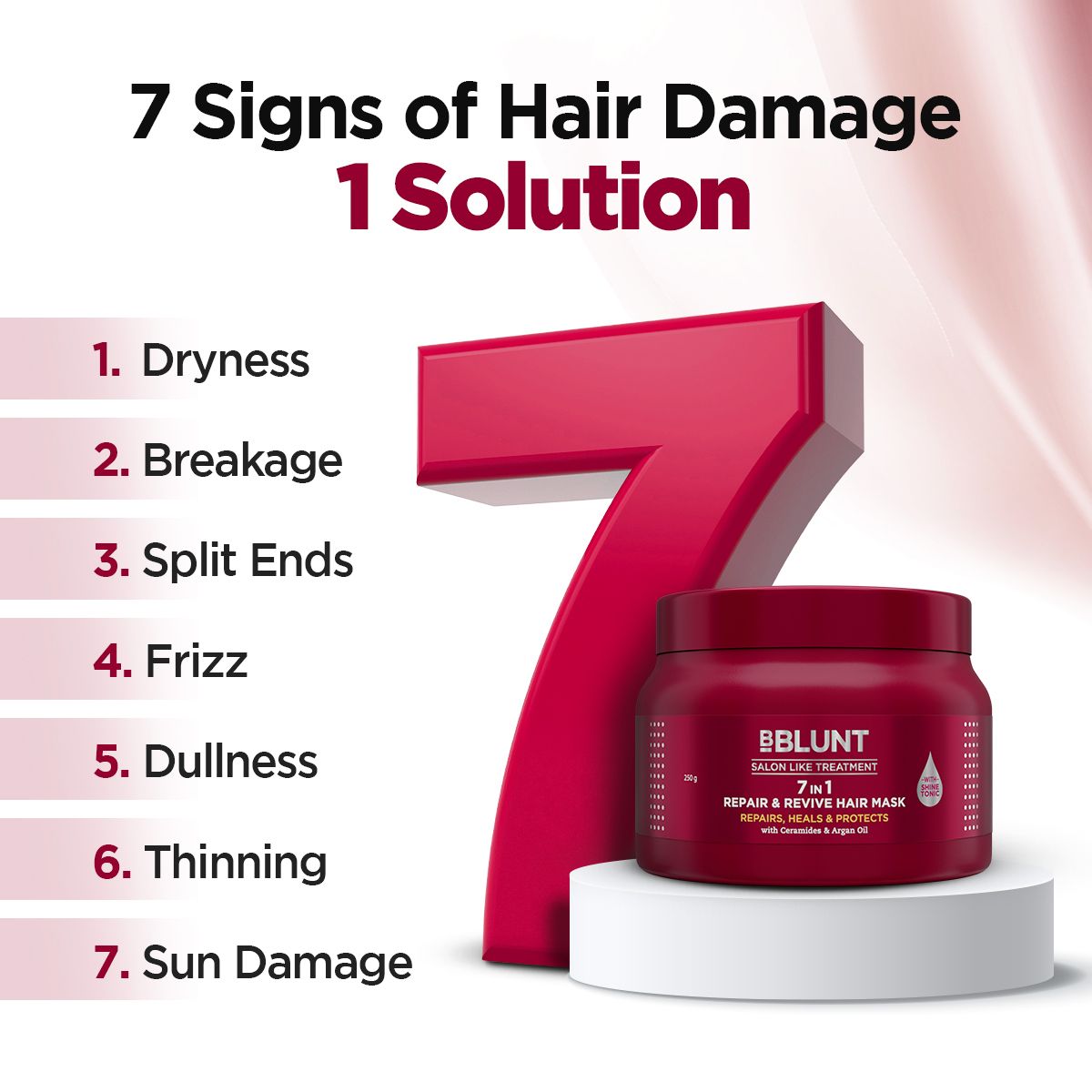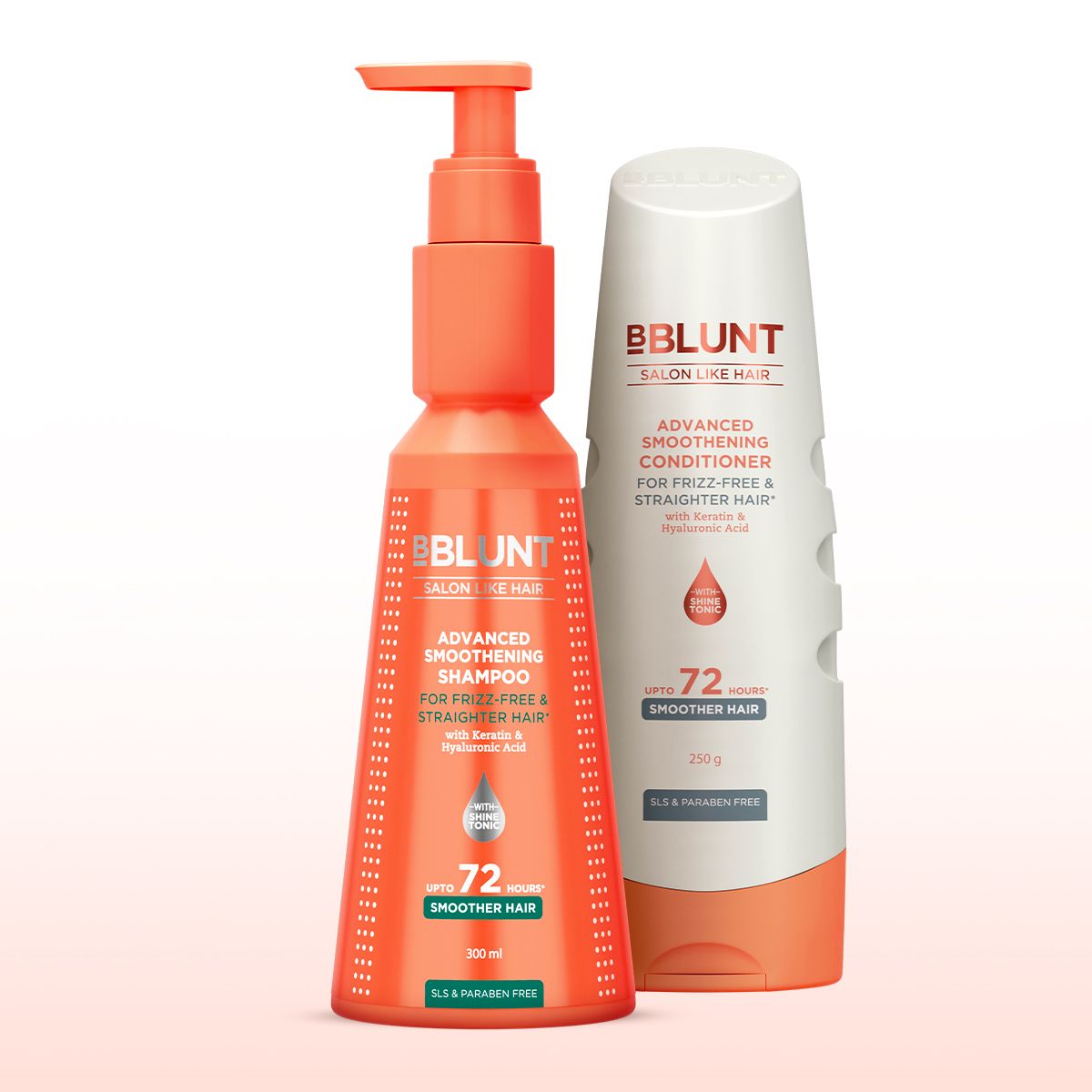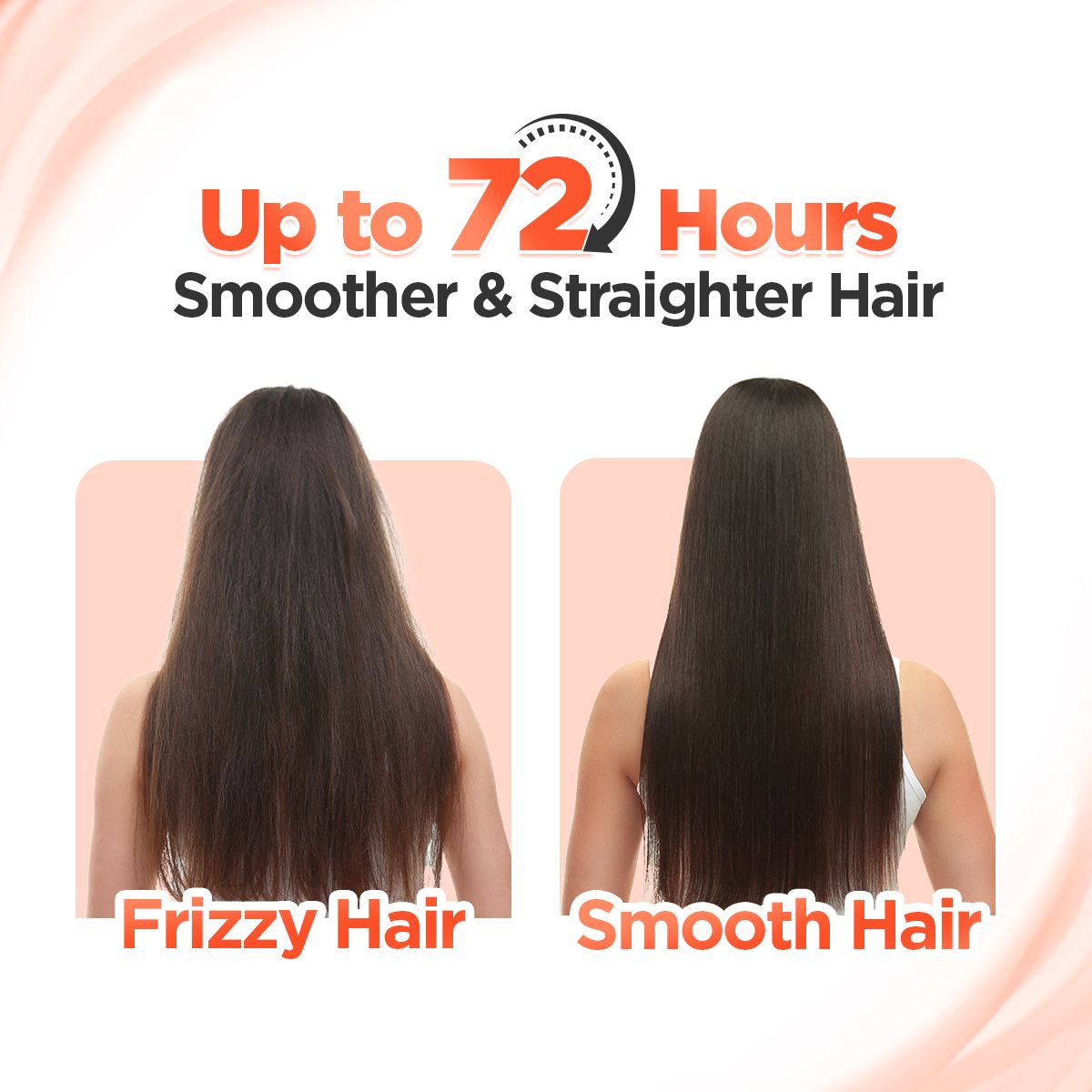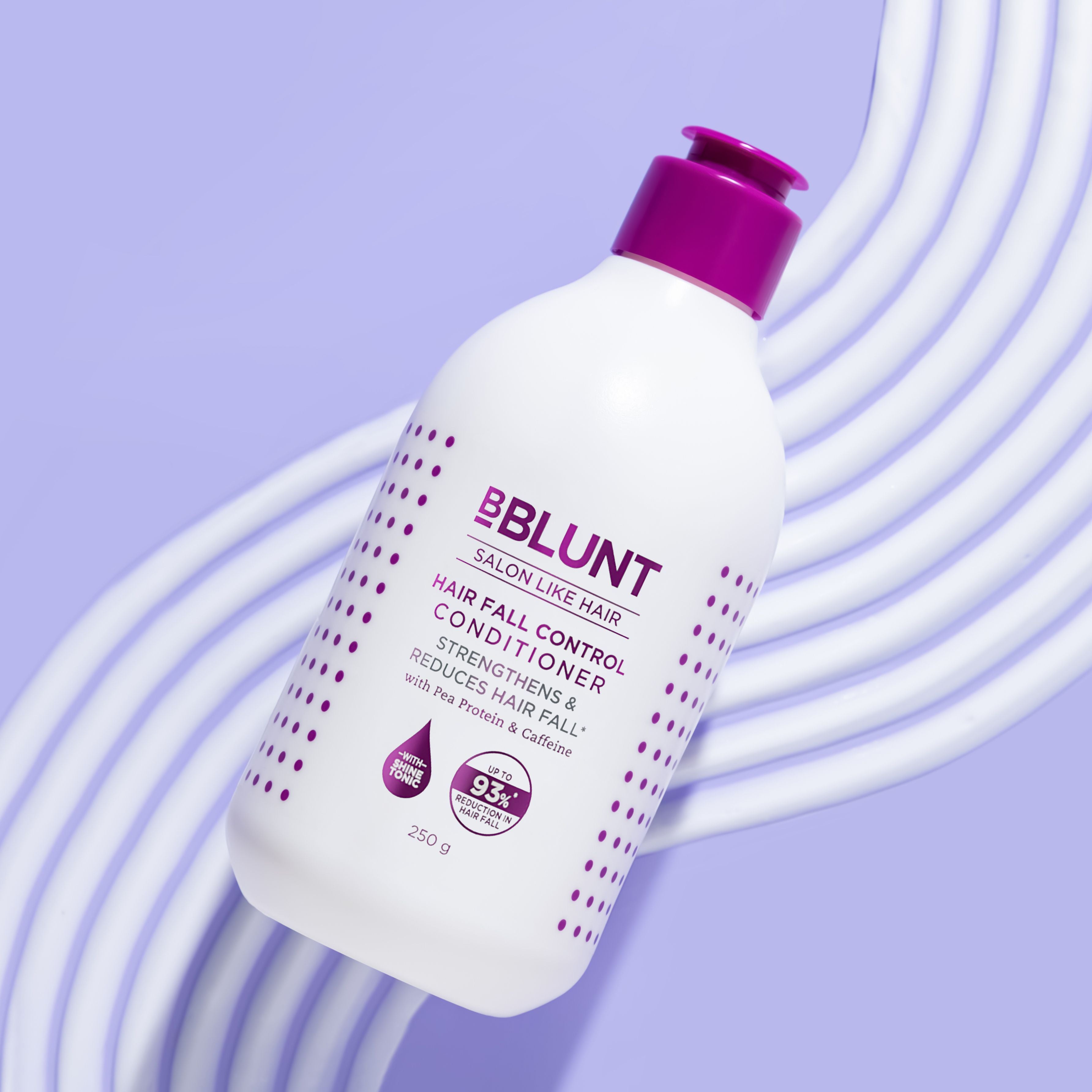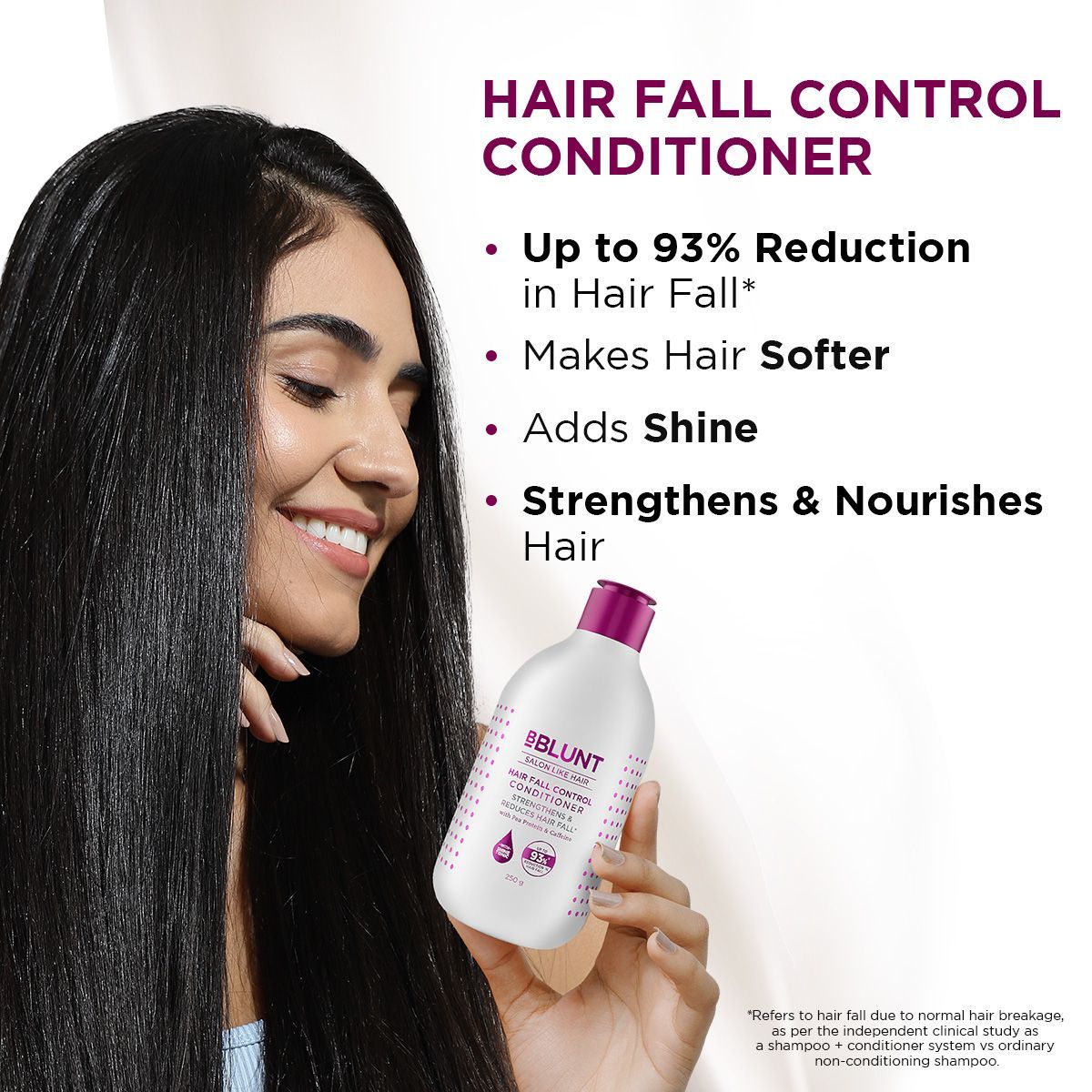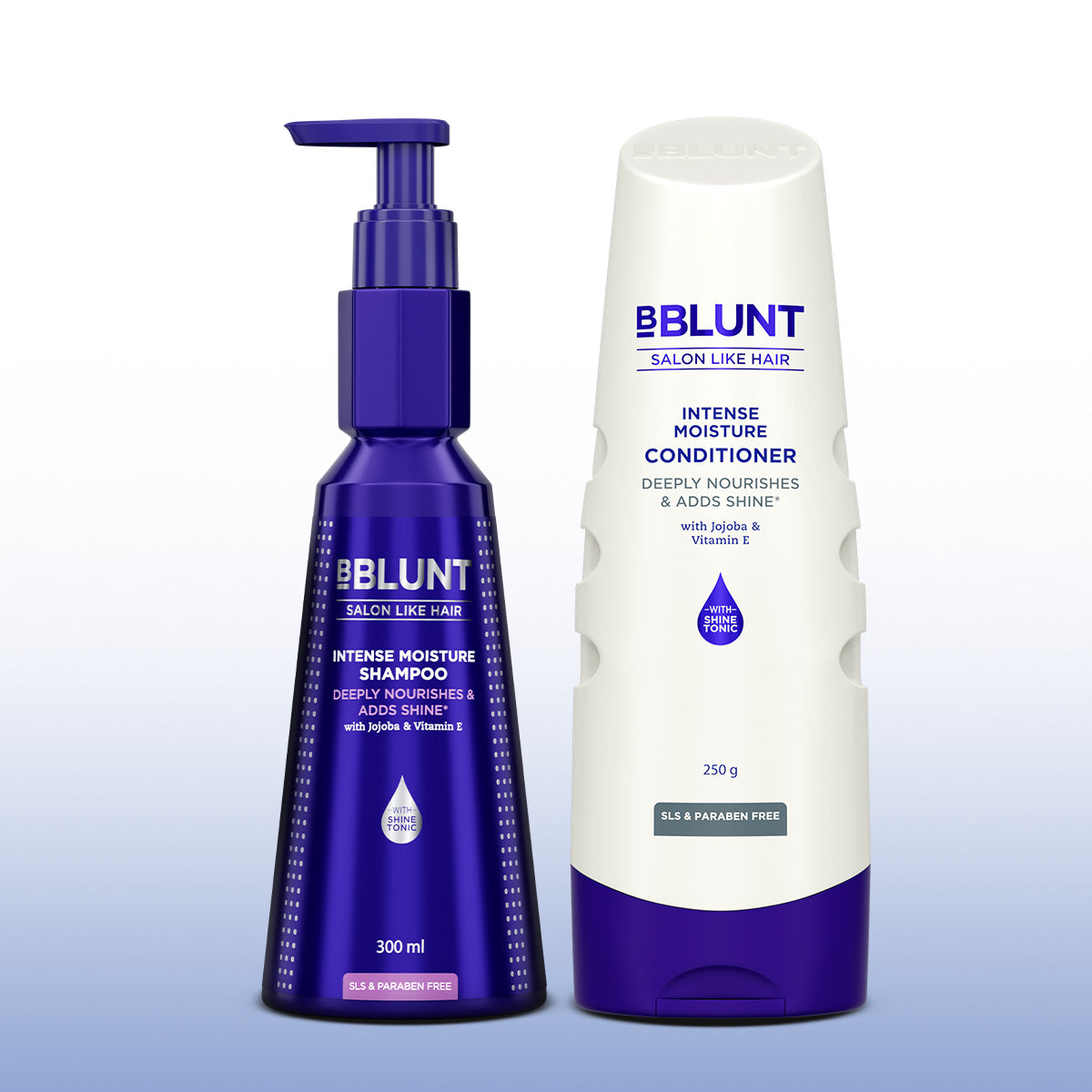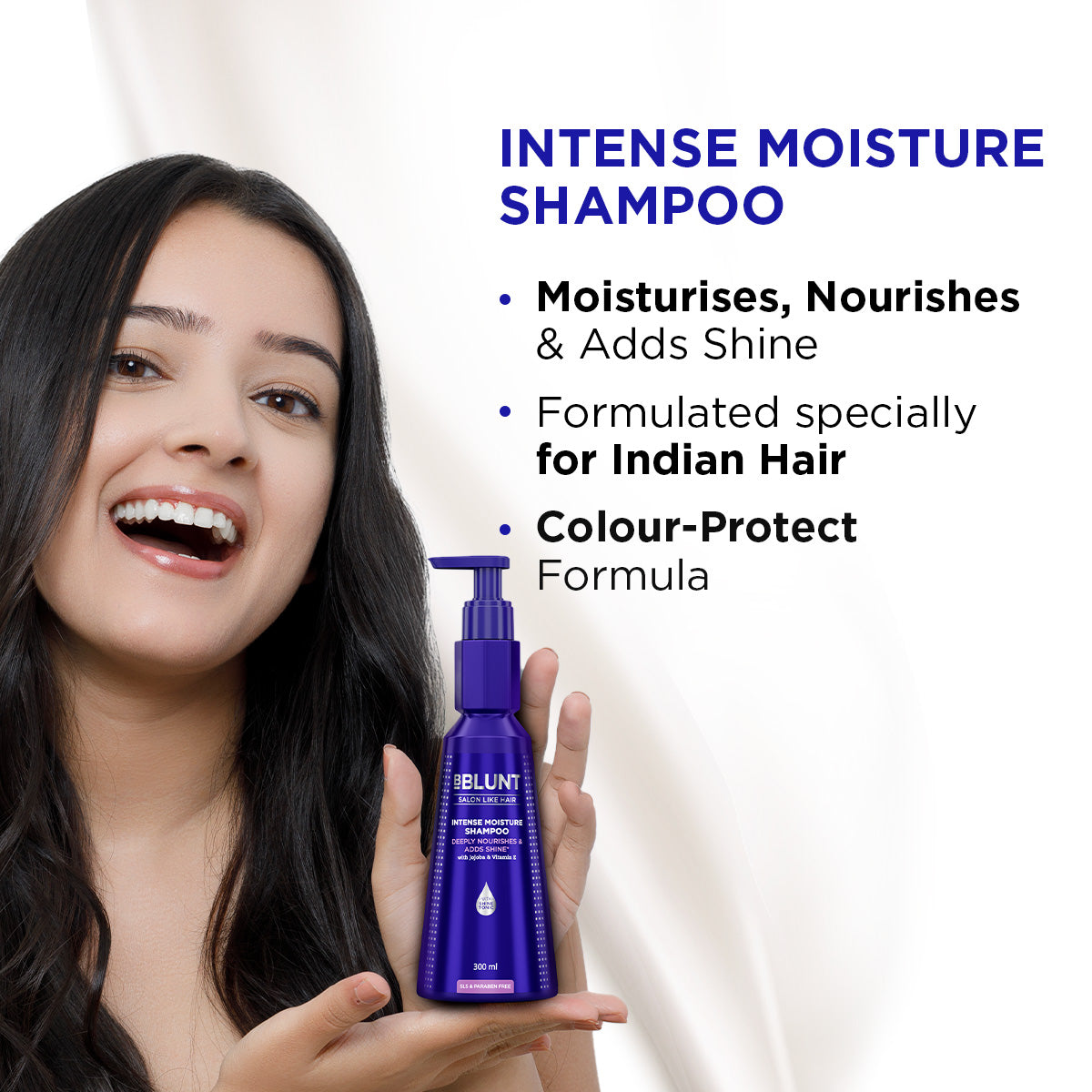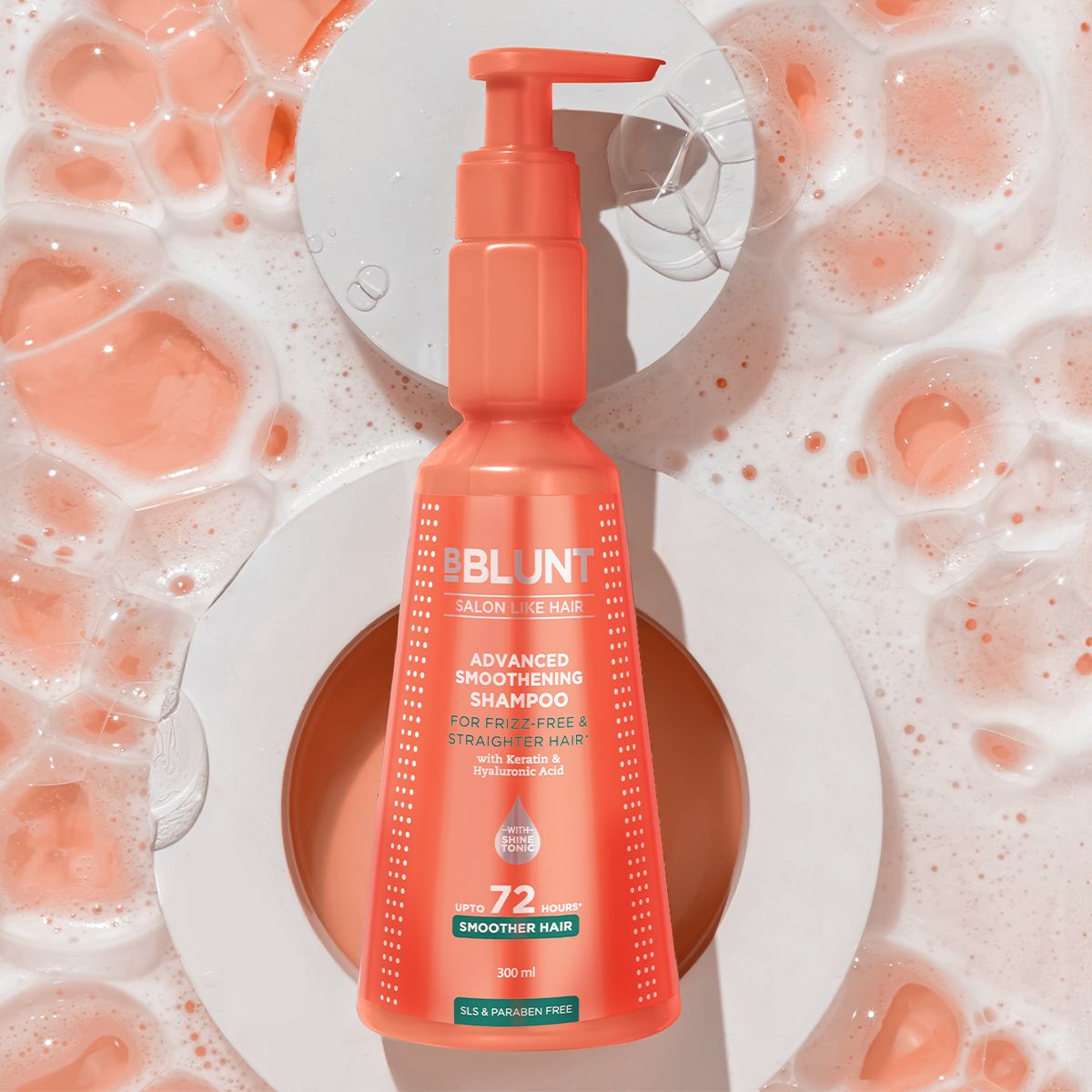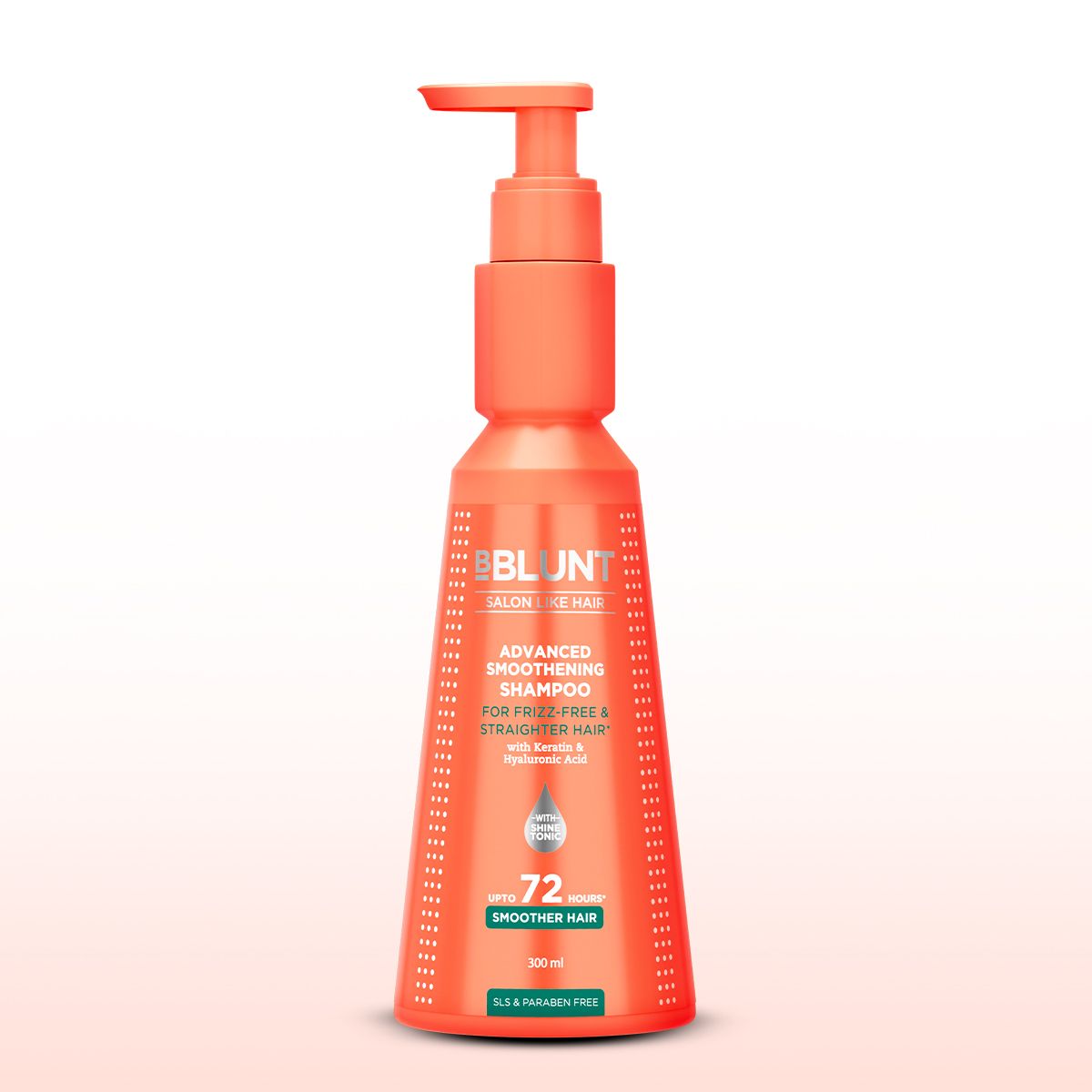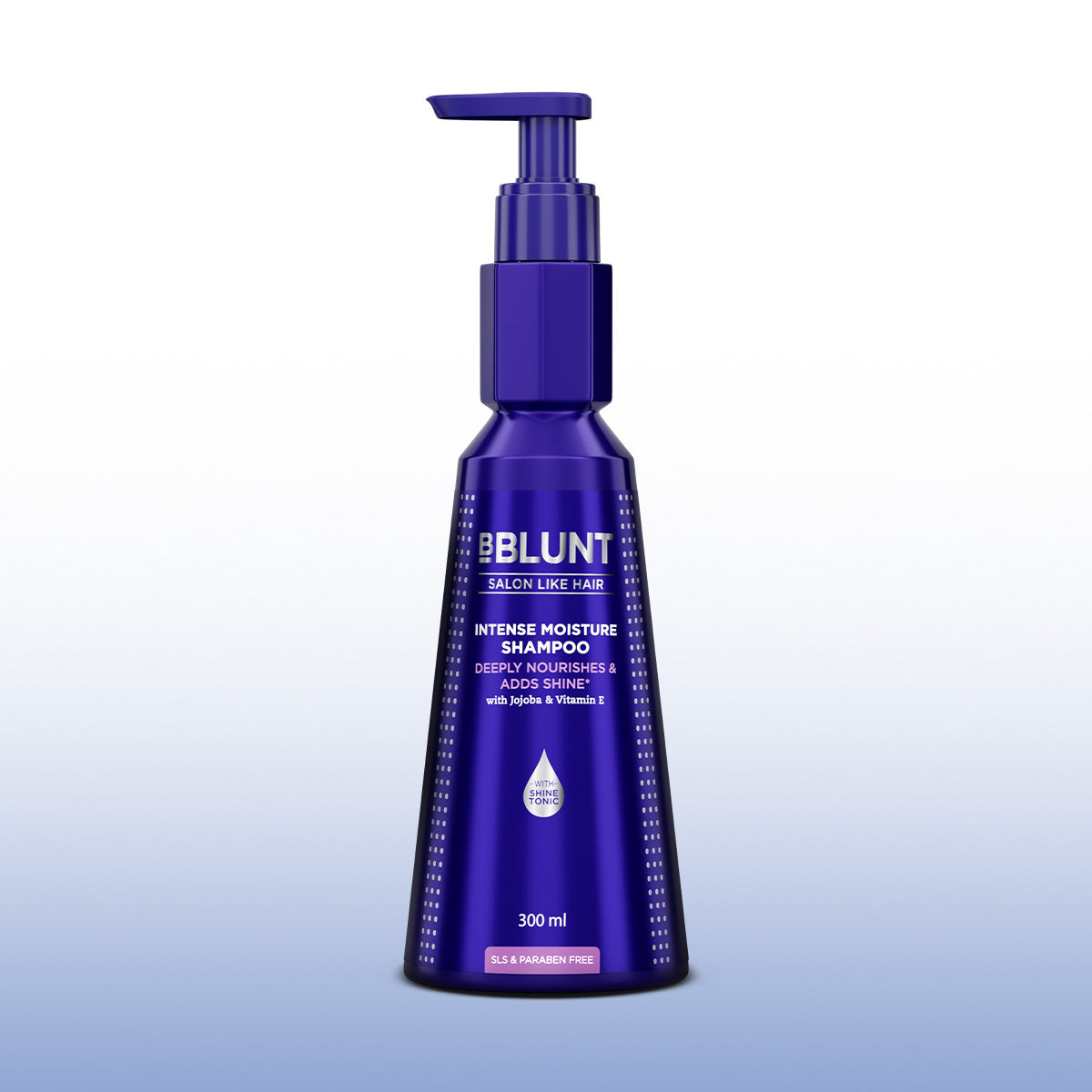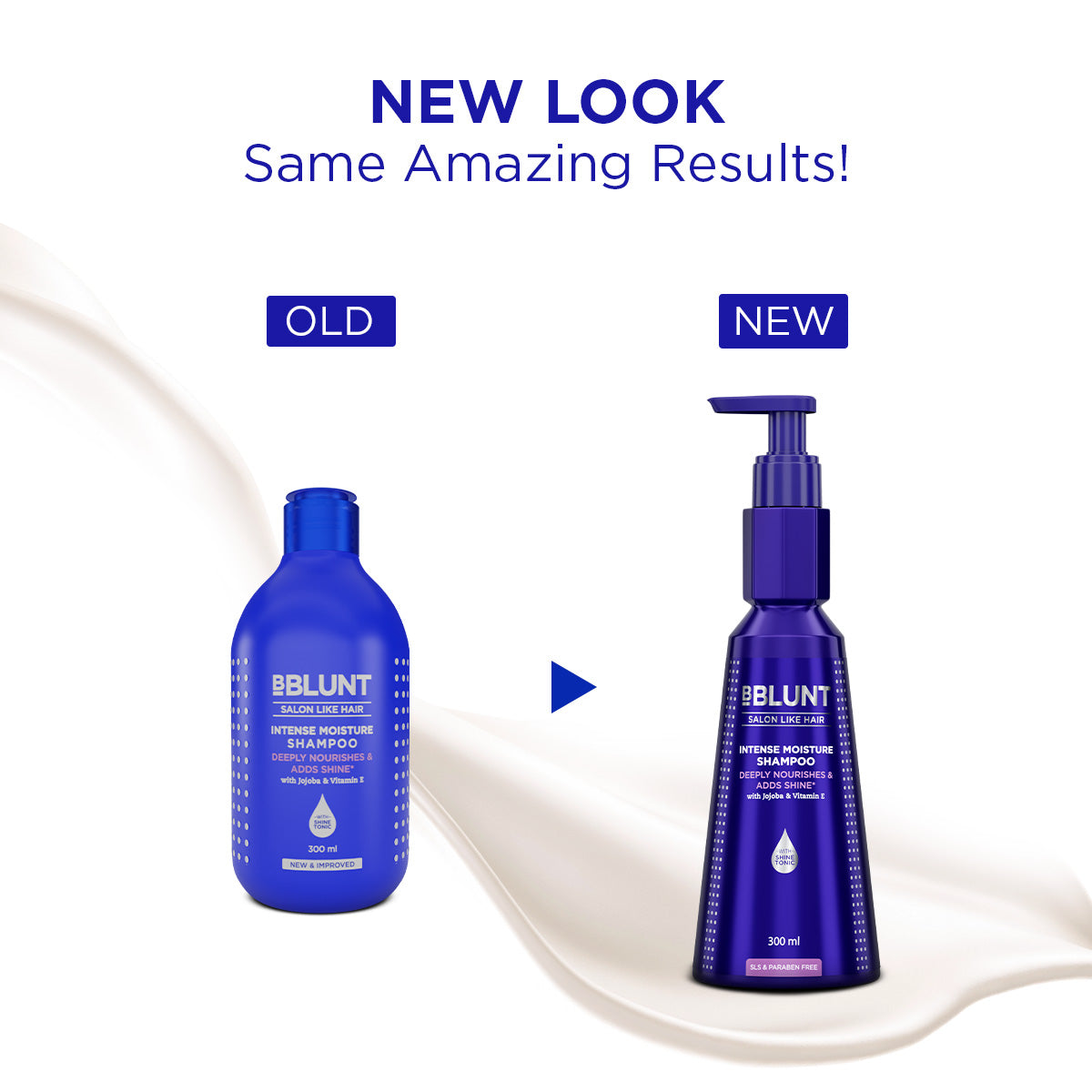What our customers are saying?
So easy peasy to use! In just 5 minutes like shampoo I can apply and it leaves my hair so shiny and wonderful!! Totally recommended for people like me who can’t get roots touched up every other week! Thanks BBLUNT!

Amaira Joe
My friend suggested me use this hair colour, and I tried it. Guess what? I was shocked as it gives a smooth glossy & nourished finish, covers grey hairs, and looks natural. The colour easily lasted for more than two months, unlike other brands in the market.

Nikita Advani
The first impression after using the shampoo is really impressive. It gives smoothness & hydration and also helps to reduce dryness from my dry and color-treated hair. I highly recommend it to everyone with dry and damaged hair.

Anita Agrawal
This BBLUNT Curly Hair Shampoo & Conditioner is the best combo for people with curly hair. It makes our hair frizz free and smooth, and even it makes it bounce that looks so gorgeous every time. Use both products together to get the best result.

Tarini Menon

